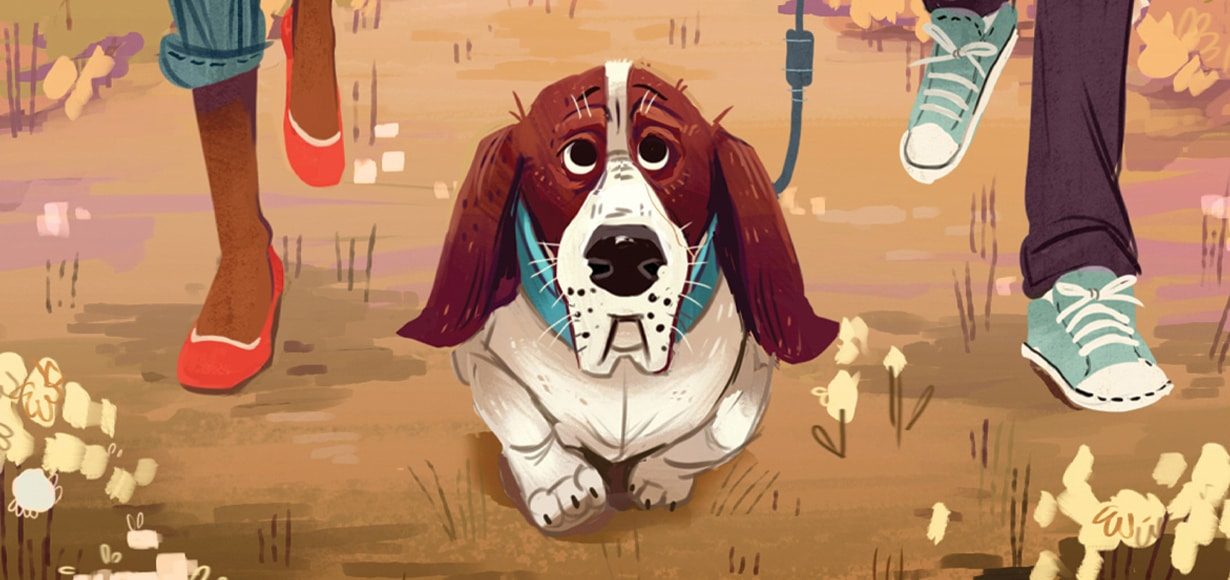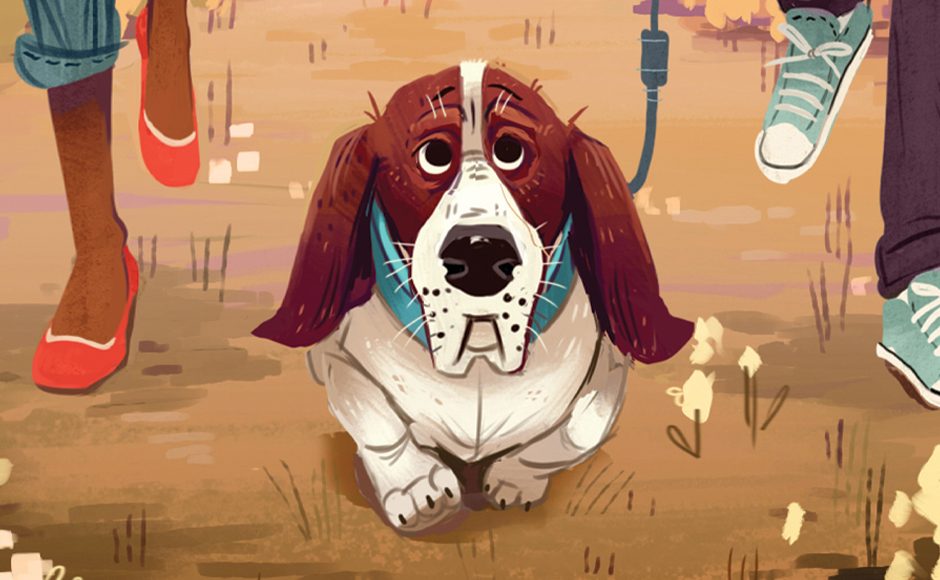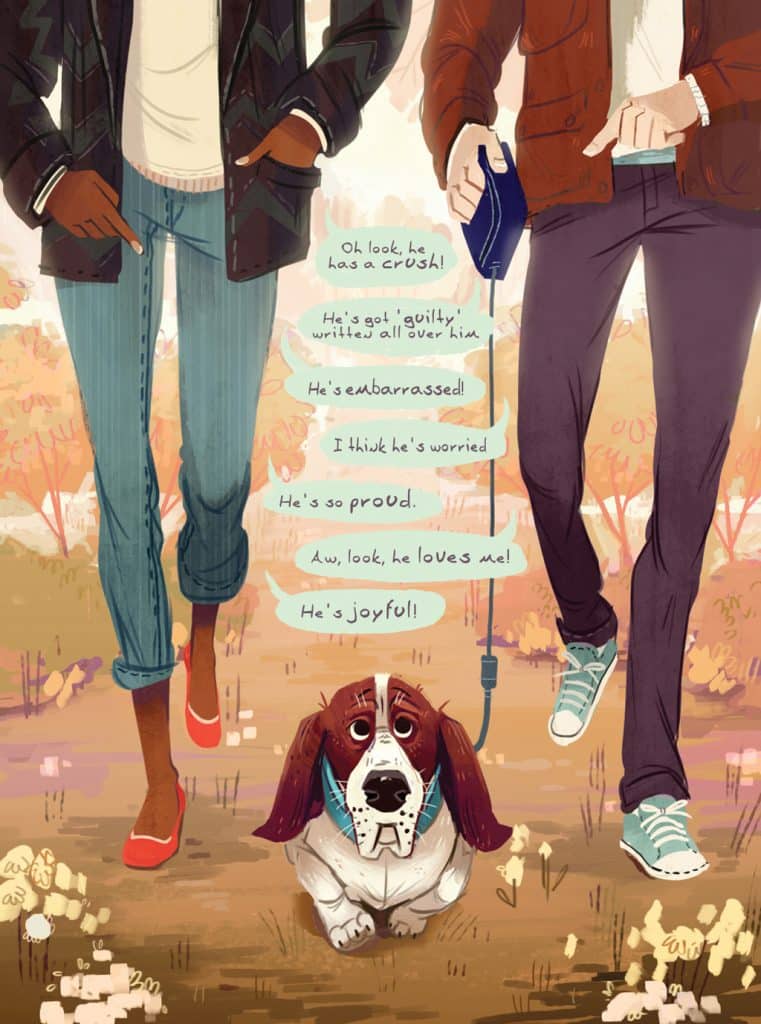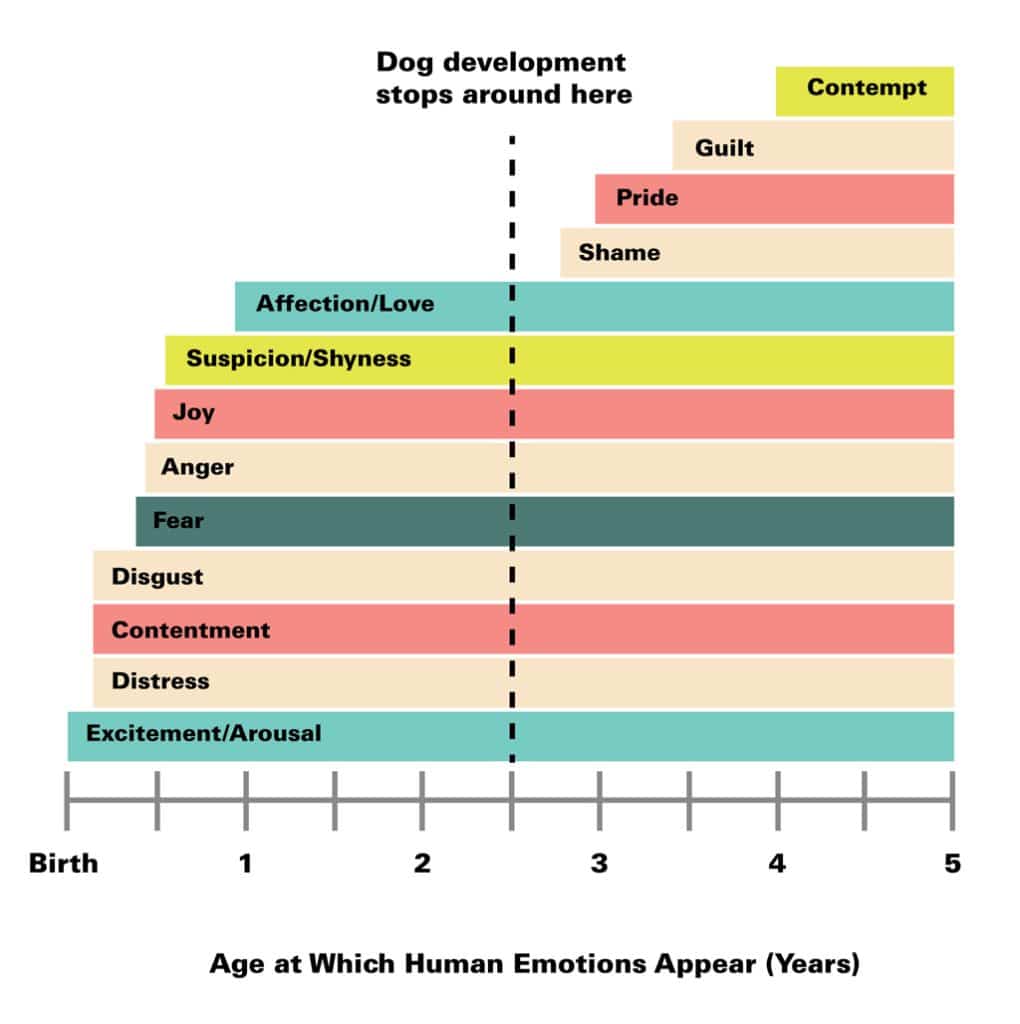

Which Emotions Do Dogs Actually Experience?
Do Dogs Have Feelings? The feelings dogs actually experience— and those we project
Do dogs have feelings? Most people can read emotions in their dog quite easily. For example, you come home and your dog dances around wagging her tail, and you think to yourself, “Lady is happy to see me,” or “Lady really loves me.” Or perhaps you’re out on a walk and, at the approach of another canine, your dog freezes in place, his hackles raised, and gives a low throaty growl. We interpret this as “Rex does not like that dog. Seeing him makes Rex angry.” In such situations the emotional state of our dogs seems quite obvious. For this reason it is difficult for many people to understand that the existence of emotions in dogs was—and in some places still is—a point of scientific controversy.
The History of Dog Emotions: Soul or Machine?
In the dim, distant past it was presumed that dogs had very rich mental lives, with feelings much like those of humans and even the ability to understand human language almost as well as people. However, with the rise of science things began to change. Mankind was now beginning to understand enough about the principles of physics and mechanics that we could build complex machines. In addition, we were learning that living things were also governed by systems that followed mechanical rules and chemical processes.
In the face of such discoveries, religions stepped in to suggest that there must be more to human beings than simply mechanical and chemical events. Church scholars insisted that people have souls, and the evidence they gave for this was the fact that humans have consciousness and feelings; animals might have the same mechanical systems, they argued, but they did not have a divine spark and, therefore, did not have the ability to experience “true” feelings.
Studies of Dog Feelings in the Past
Since much of the science of the time was sponsored by church-related schools and universities, it is not surprising to find that the researchers would not assert the existence of higher levels of mental functioning such as emotions in animals. To do so might have caused the church authorities to feel that the scientists were suggesting that an animal such as a dog might have a soul and consciousness, and flying in the face of church doctrine could lead to a lot of problems.
The most prominent person to adopt this line was the French philosopher and scientist René Descartes. In a highly influential set of analyses, Descartes suggested that animals like dogs were simply some kind of machine. He would thus describe my Beagle, Darby, as simply being a dog-shaped chassis, filled with the biological equivalent of gears and pulleys.
This machine doesn’t think, but it can be programmed to do certain things. Nicholas de Malebranche, who extended Descartes’ ideas, summed up the idea when he claimed that animals “eat without pleasure, cry without pain, act without knowing it: they desire nothing, fear nothing, know nothing.”
You might argue against this by noting that if you challenge a dog it clearly becomes angry, and this is proven by the fact that it snarls or snaps. Alternatively, it might become afraid, and this is proven by the fact that it whimpers and runs away. Those classical scientists and their successors would say that the dog is simply acting, not feeling. It is programmed to snap at things that threaten it, or if the threat is too great, it is programmed to run away. You might point out that if you kicked a dog it would yelp in pain and fear. These researchers might respond that if you kicked a toaster it would make a sound. Is this a yelp of pain indicating that the toaster is afraid? Their argument would be that dogs simply act and do not feel.
What We Know about Dog Emotions Now
Science has clearly progressed a long, long way beyond the thinking of Descartes and Malebranche. We have now come to understand that dogs possess all of the same brain structures that produce emotions in humans. Dogs have the same hormones and undergo the same chemical changes that humans do during emotional states. Dogs even have the hormone oxytocin, which, in humans, is involved with feeling love and affection for others.
With the same neurology and chemistry that people have, it seems reasonable to suggest that dogs also have emotions that are similar to ours. However, it is important to not go overboard and immediately assume that the emotional ranges of dogs and humans are the same.
Current Studies of Dog Emotions
To understand what dogs feel, we must turn to research done to explore the emotions of humans. It is the case that not all people have the full range of all possible emotions, and, in fact, at some points in your life you did not have the full complement of emotions that you feel and express today. There is much research to demonstrate that infants and very young children have a more limited range of emotions. It is over time that the infant’s emotions begin to differentiate and develop and, by the time they’ve reached adulthood, their range of emotional experiences is quite broad.
Why is such data important to understanding emotional lives of our dogs? Researchers have now come to believe that the mind of a dog is roughly equivalent to that of a human who is two to two-and-a-half years old. This conclusion holds for most mental abilities as well as emotions. Thus, we can look to the human research to see what we might expect of our dogs. Just like a two-year-old child, our dogs clearly have emotions, but many fewer kinds of emotions than found in adult humans.
At birth, a human infant only has an emotion that we might call excitement. This indicates how excited he is, ranging from very calm up to a state of frenzy. Within the first weeks of life the excitement state comes to take on a varying positive or a negative flavour, so we can now detect the general emotions of contentment and distress. In the next couple of months, disgust, fear, and anger become detectable in the infant. Joy often does not appear until the infant is nearly six months of age and it is followed by the emergence of shyness or suspicion. True affection, the sort that it makes sense to use the label “love” for, does not fully emerge until nine or ten months of age.
The complex social emotions—those which have elements that must be learned—don’t appear until much later. Shame and pride take nearly three years to appear, while guilt appears around six months after that. A child is nearly four years of age before she feels contempt.
The Emotions that Dogs Actually Experience
This developmental sequence is the golden key to understanding the emotions of dogs. Dogs go through their developmental stages much more quickly than humans do and have all of the emotional range that they will ever achieve by the time they are four to six months of age (depending on the rate of maturation in their breed).
The important fact is that we know that the assortment of emotions available to the dog will not exceed that which is available to a human who is two to two-and-a-half years old. This means that a dog will have all of the basic emotions: joy, fear, anger, disgust, and, yes, love, but the dog does not experience the more complex emotions like guilt, pride, and shame.
Many would argue that they have seen evidence indicating their dog is capable of experiencing guilt. The usual situation recounted is one in which you’ve come home and your dog starts slinking around showing discomfort, and you then find that he has left a smelly brown deposit on your kitchen floor. It is natural to conclude that the dog was acting in a way that shows that he is feeling guilty about his transgression.
Despite appearances, this is not guilt, but simply a display of the more basic emotion of fear. Your dog has learned that when you appear and his droppings are visible on the floor, bad things happen to him. What you see is his fear of punishment; he will never feel guilt because he is not capable of experiencing it.
Learn more about the signs of separation anxiety in dogs and other training tips to help.
The Important Takeaways
So what does this mean for those of us who live with and interact with dogs? The good news is that you can feel free to dress your dog in that silly costume for a party. He will not feel shame, regardless of how ridiculous he looks. He will also not feel pride at taking home the top prize in a dog show or an obedience competition. But your dog can indisputably feel love for you and derive contentment from your company, and that’s really the crux of the matter, isn’t it? Like the Beatles sang, “all you need is love.” Thank goodness our dogs provide it in spades.
Join the newsletter and never miss out on dog content again!
"*" indicates required fields
By clicking the arrow, you agree to our web Terms of Use and Privacy & Cookie Policy. Easy unsubscribe links are provided in every email.







